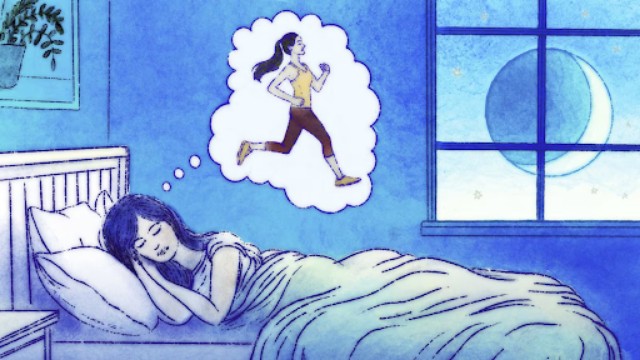
Image credit: AP Photo
If you watched TV late at night in the 2000s, you probably saw ads for an intense workout program that promised impressive muscle gains in just 90 days. The creator of this program, once known for pushing people to their limits, now believes rest and recovery are just as important as exercise.
Years ago, fitness culture focused on high-intensity workouts and the idea that pushing through pain was necessary for progress. Today, that mindset is changing. More experts are emphasizing recovery, which includes proper sleep, stretching, mindfulness, and low-impact activities.
The shift in fitness trends is backed by science. Research shows that muscle growth happens during rest, not just during workouts. Without proper recovery, injuries are more likely, and progress can stall. Experts now encourage people to listen to their bodies, take rest days seriously, and use recovery tools like foam rollers, cold baths, and saunas.
In the past, fitness icons encouraged pushing through discomfort. Now, major fitness organizations include recovery strategies in their certification programs. Trainers are no longer just focused on workouts but also on lifestyle habits. Sleep, nutrition, and stress management all play a role in fitness.
Trainers now take a broader approach, asking about clients' daily routines. Sitting at a desk all day affects posture and movement. Stress impacts muscle recovery. Trainers guide clients on managing these factors, not just exercise plans.
While recovery is essential, pushing the body remains important. Experts say there’s a difference between discomfort and pain. The strain on muscles and lungs is needed for fitness progress, but sharp pain should not be ignored. High-intensity workouts still benefit athletes, but they aren't necessary for everyone.
Resting muscles after a workout is crucial. Fitness experts recommend waiting at least 48 hours before training the same muscle group again. Instead of taking complete rest days, light activities like walking, stretching, or yoga can aid recovery.
Mental recovery is also gaining attention. Meditation and mindfulness help manage stress, which affects motivation and performance. Building a habit of mental relaxation can make it easier to stay consistent with workouts.
The fitness industry is evolving. Instead of just pushing hard in workouts, people are learning the value of balance. True progress comes not just from exercise but from allowing the body to recover and grow.















